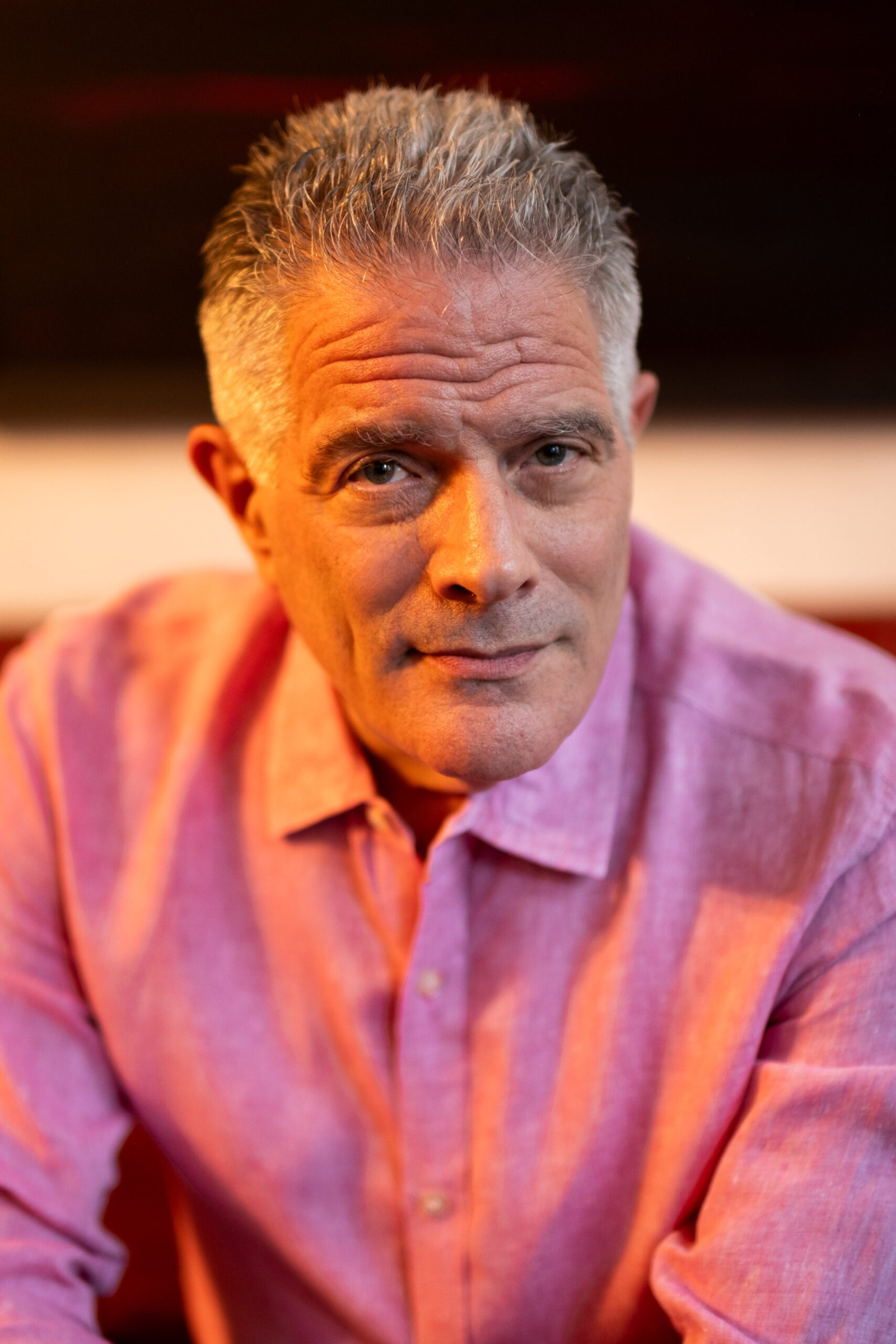Almost a decade ago, after more than 25 years at JWT — now a memory for tens of thousands of us, after its evaporation into the WPP machine — I was replaced behind my back. A subordinate was quietly promoted. I was informed after the fact.
It wasn’t just a personnel change. It was a rupture—one that cut deep. I had built teams across Asia, led major markets, mentored with care, and believed in what we were trying to build. I was proud of my heart-led and passionate leadership.
But I wasn’t perfect. As Asia CEO, I could be emotional. I had an ego. I tied too much of my identity to my role. Perhaps I missed signs I didn’t want to see.
The person who orchestrated my departure was Gustavo Martinez, JWT’s then-global CEO and a figure later at the center of an international #MeToo case. He was charismatic, stylish, and sharp—but also someone who demanded loyalty over perspective, and often used charm to manage rather than connect.
The day after public allegations of sexual misconduct against him exploded, he called me. “When I look in the mirror,” he said through tears, “I still see a good man.”
He reached out again hoping to repair things between us. He wrote that “an enemy” must have fed me false information. I chose not to respond. By then, I had begun the quieter process of letting go—not of what happened, but of who I was and wanted to be.
That “mirror moment” lingered. It revealed something essential. For him, it was a plea to preserve a coherent self-image in the face of collapse. For me, it marked a different reckoning: What did I see in the mirror? What story had I been clinging to? And what might lie beyond performance and authority?
A couple years later, while working at Prophet, a consultancy, I wandered into an NYU info session on social work. What clicked wasn’t a grand revelation, but something quiet: a sense of permission to imagine a life shaped less by achievement and more by meaning. I no longer wanted to help people perform better—I wanted to help them live better. To understand people not as consumers, but as full, complex human beings. One step led to another. Today, I’m a therapist and psychoanalyst.
That painful rupture became a turning point. I now sit with people navigating ambition, betrayal, identity, and reinvention. Often high-performing, driven individuals who feel stuck in roles they once longed for. People who carry complexity—emotional, cultural, existential—but haven’t had space to make sense of it.
I know that terrain. I’ve lived it. And I’ve learned that real growth doesn’t always come from triumph. Sometimes it comes from fracture—when the story we were in no longer fits, and we begin the slow, courageous work of becoming someone we trust again.
If you’re in that place—professional or personal—maybe the question isn’t just what happened.
It’s: What do you see when you look in the mirror now?

